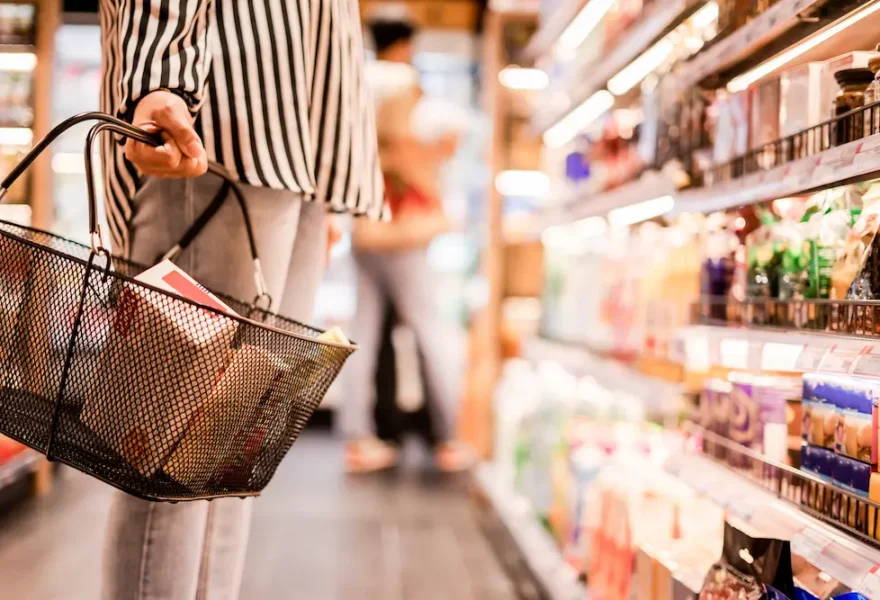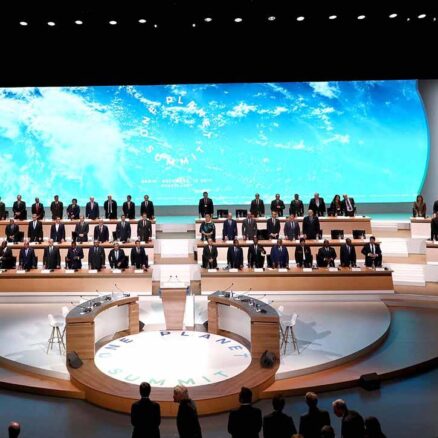A guidance to support the environmental assessment of flexible packaging solutions from a life cycle thinking perspective has just been provided by the European flexible packaging industry. It was elaborated by the environmental sustainability consultancy Quantis in collaboration with experts from six European flexible packaging converting companies and the association Flexible Packaging Europe (FPE) and its content is publicly available.
The guidance for life cycle assessment (LCA) of flexible packaging aims to ease the process of conducting LCAs involving flexible packaging and reduce documentation requirements. It is intended for use by LCA practitioners along the flexible packaging value chain but can also be of help for reviewers of such LCAs who have the methodological knowledge but not the necessary product related expertise.
The content addresses the relevant and accepted LCA standards, and in the case of existing gaps in numbers or methodology, it provides average data and applicable solutions.
Experts of the flexible packaging industry have been involved in developing the guidance in order to achieve a high level of expertise with the aim to align different methodologies for LCAs of flexible packaging systems and ensure consistency in approach and quality across the industry.
Flexible Packaging Europe and its members have always promoted life cycle thinking to foster fair and credible environmental impact assessments of products. This guidance specifically conceived for LCA practitioners along the flexible packaging value chain will help make proper evaluation and right choices when designing packaging systems, bringing into light the competitive environmental performances of flexible packaging solutions.
Jean-Paul Duquet, Director Sustainability of Flexible Packaging Europe
The guidance explains the method of conducting an LCA for flexible packaging, starting with the definition of the goal, scope and system boundaries. It covers the stages of the life cycle and provides applicable data for modelling relevant production processes of flexible packaging. It renders advice on for example how to deal with recycled content when modelling the input data. More general topics related to LCAs are also addressed, such as life cycle impact categories, data interpretation and uncertainty or sensitivity analysis. Likewise, it covers potential limitations for the LCA, how to draw conclusions from the modelled data and what is important for submitting the LCA to a critical review.
Quantis is proud to have led the technical development and drafting of this LCA guidance, working closely with industry leaders to ensure its applicability and impact. This collaboration marks a significant step forward in advancing sustainable practices within the flexible packaging sector.
Patricia Granados, Sustainability Expert and Project Manager, Quantis, and Laura Peano, Principal Plastics & Packaging Expert, Quantis
The European flexible packaging industry is committed to supporting Europe’s transition to a circular and resource-efficient economy. This commitment involves eco-designing flexible packaging to minimize environmental impacts while maintaining its essential role in the safe and proper delivery of food, medical, pharmaceutical, home, and personal care products. In this context, the life cycle approach is critical and this guidance can be of valuable support to all stakeholders in the flexible packaging value chain.
About Flexible Packaging Europe
Flexible Packaging Europe (FPE) is the industry association representing the interests of more than 80 small, medium-sized companies, and multinational manufacturers. Those operate with workforce of 57,000+ people at more than 350 sites all over Europe. The member companies account for more than 85% of European sales of flexible packaging made of different materials, mainly plastics, aluminium, and paper. More than half of all food products sold on the European retail markets are packed with flexible packaging.
More info at www.flexpack-europe.org
Further information: Patrick Altenstrasser, Manager Communications (altenstrasser@flexpack-europe.org)



